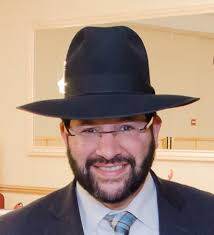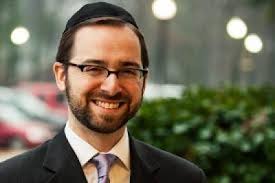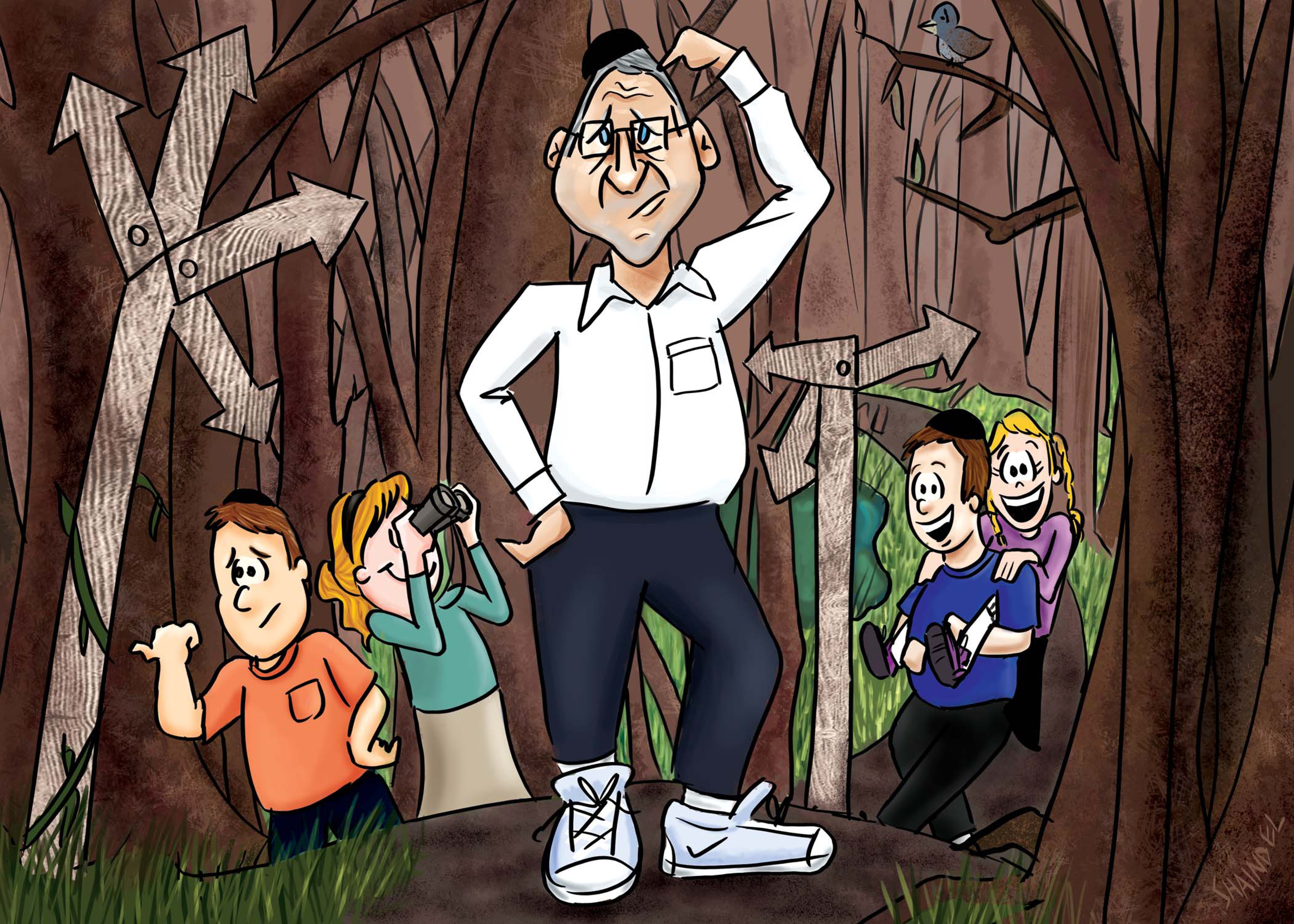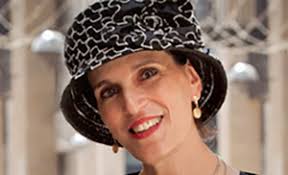From Mea Shearim to Loyola University and Beyond

We are in the season of Yetzias Mitzrayim, when we talk about leaving Egypt and slavery and gaining freedom. Sometimes people experience their own personal Mitzrayim. But when one chooses to rise above their circumstances, however troubled, and, instead of giving up and blaming their failures on their past, makes a better future, this essentially is their own private Yetzias Mitzrayim
I had the privilege of interviewing Mrs. Faigy Rabinowitz, the wife of Rabbi Pinchas Rabinowitz, director of Bikur Cholim. Faigy is an LCPC-licensed mental health counselor and an example of someone who experienced a Yetzias Mitzrayim of her own. She went from growing up in an orphanage in Meah Shearim to living a fulfilling life as a wife, mother, and successful professional in Baltimore.



















